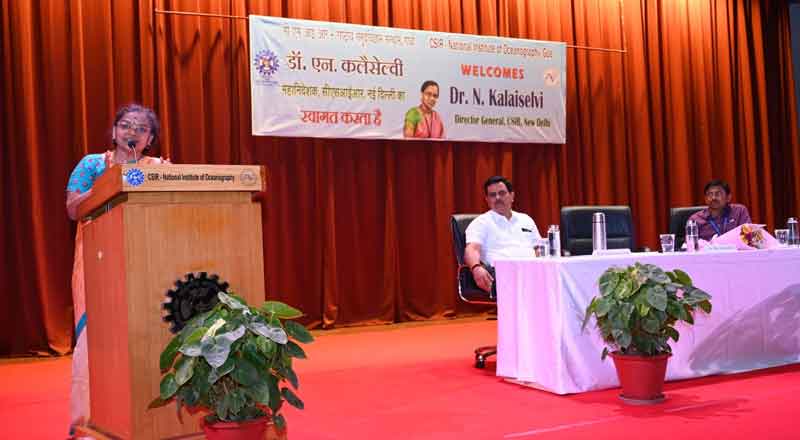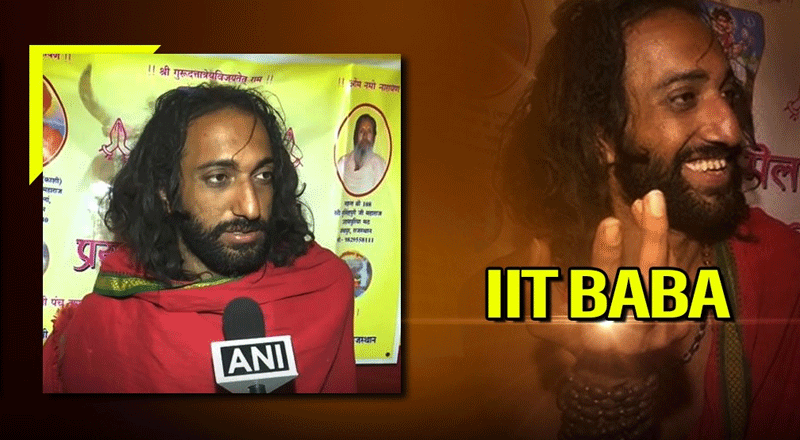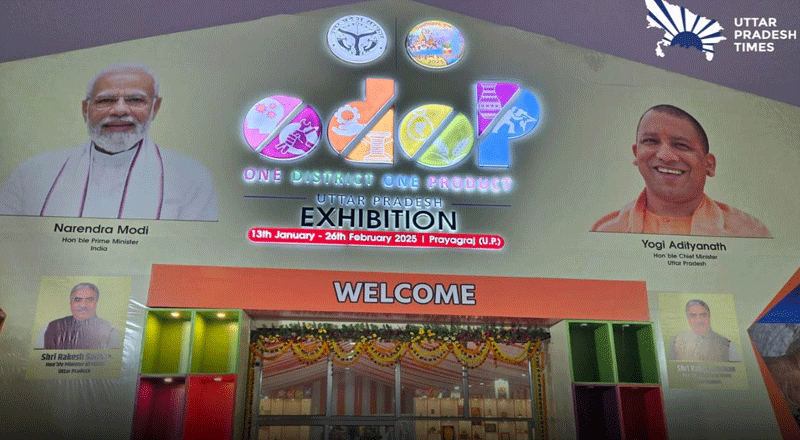The Council of Scientific and Industrial Research (CSIR) is committed to make India ‘Atmanirbhar’ by developing indigenous technologies, said Dr N Kalaiselvi, the Director General of SCIR. She was speaking at a press conference held on the ‘Role of CSIR in building an Atmanirbhar Bharat’, at CSIR-National Institute of Oceanography (NIO), Dona Paula, Panaji, on Monday, January 29.
“CSIR, through its 37 laboratories across the country, are involved in all aspects of their research and development to what extent they can bring in ‘Atmanirbharta’ for indigenization of technologies, through which we can ensure that the country will become self-sustainable in the coming years. Thanks to Mother Nature, India has all the raw material sources to achieve that mission,” she said.
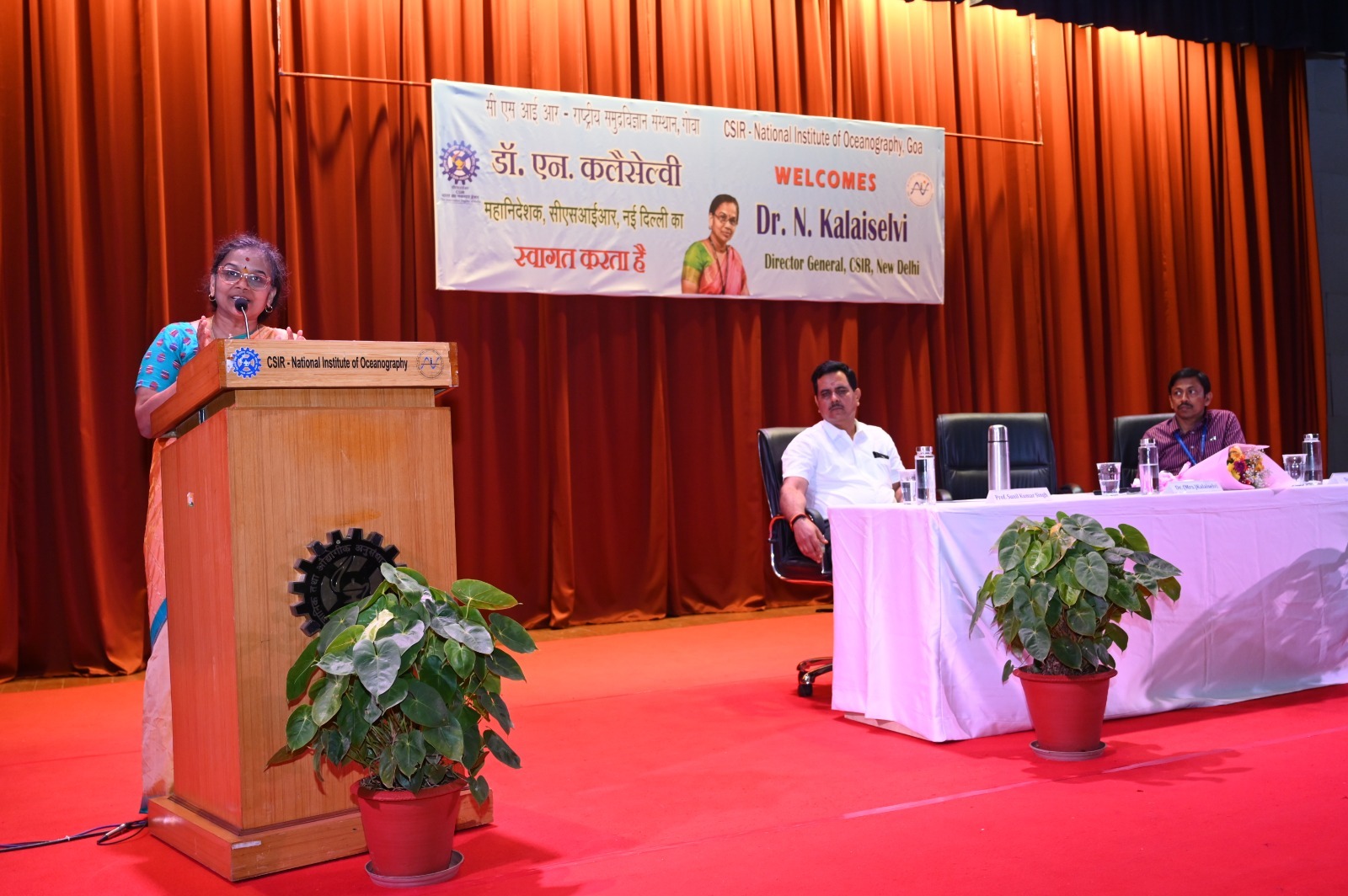
Dr N Kalaiselvi, who is also the Secretary of Department of Scientific and Industrial Research, said that the country has to prepare itself for its current and future scientific requirements as the world today is moving ahead in an unpredictable manner. “Therefore, the CSIR has already prioritized that any research happening under its aegis should have a component called indigenization,” she said.
Talking about the success stories of Atmanirbhar’ initiatives of the CSIR, Dr Kalaiselvi said that the CSIR’s this year’s Republic Day Tableau had highlighted the unleashing of a Purple Revolution ushered through Lavender cultivation in Jammu & Kashmir. CSIR’s scientific interventions have led to the phenomenal growth of lavender cultivation and development of lavender products taking lavender from lab-to-market and creating several agri-start-ups in J&K. CSIR developed an elite variety of lavender suitable for cultivation in temperate regions of J&K and provided free saplings and end-to-end agro-technologies to farmers and also installed distillation units for essential oil extraction in several regions of J&K. The success of Lavender cultivation in J&K earned it the sobriquet, ‘Purple Revolution’.
0KWL.jpeg)
The Tableau had also showcased PRIMA ET11, India’s first women friendly, compact, Electric Tractor indigenously developed by CSIR, under agro-mechanical technology.
“We are from the scientific fraternity. We can just hand over a technology to a startup. Once the technology is transferred, it becomes the responsibility of the startup to take it to greater heights. But we are not doing that. CSIR handholds the startups and walks along with them throughout their journey. More than 300 agri-startups in Jammu and Kashmir are being supported by CSIR as a remote mission,” the DG said, adding that a minor contribution of the CSIR is now giving a greater confidence to the Jammu and Kashmir people.
She furtherexplained how India, which had been importing lemongrass oil for years, became an exporting country by 2023, all thanks to CSIR’s Aroma Mission. In the year 2023, the country has exported 600 million tons of lemongrass oil, she said.
Dr Kalaiselvi also mentioned about thehydrogen hydrate producing manufacturing facility under the CSIR that was dedicated to the nation by Prime Minister Narendra Modi in 2022. “While launching the facility, the Prime Minister had promised that commercial production of the hydrogen hydratewill start within one year. In the year 2023, the first batch of commercial production of hydrogen hydrate started. Today, it is a 10,000 tonnes per annum-manufacturing plant.” The hydrogen hydrateis now finding its application in chemical industries, processing industries, and several other chemistry-related and pharmacy-related industries.
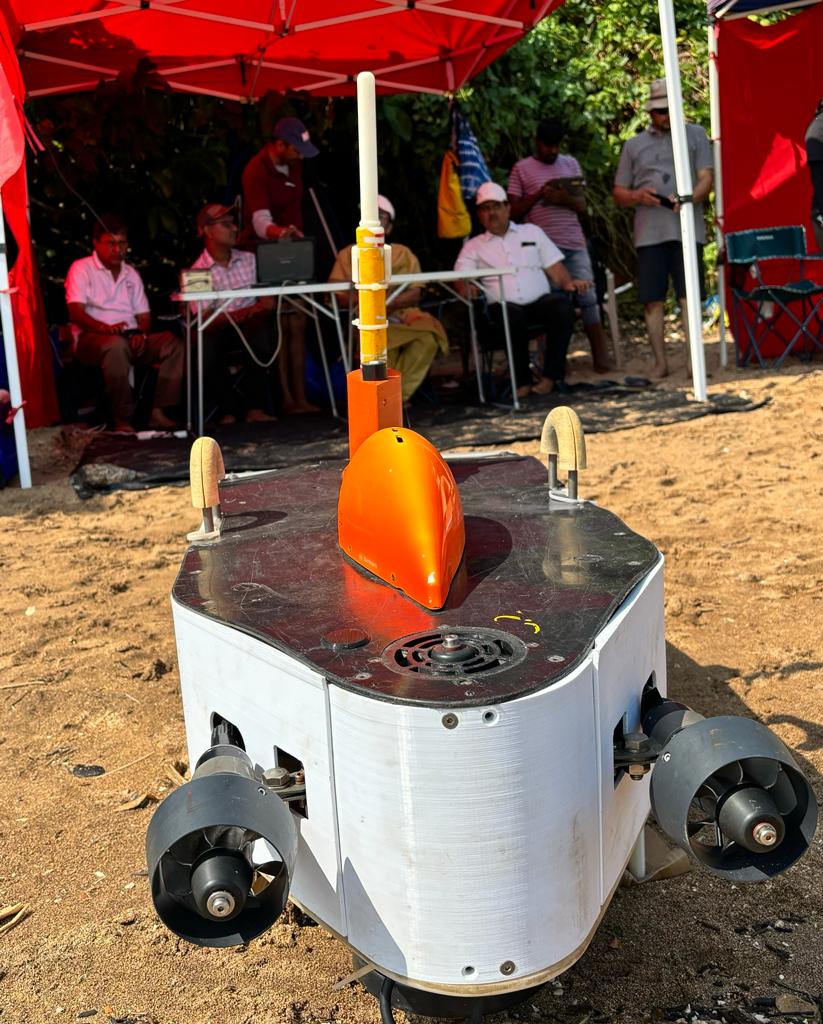
Talking about the Sustainable Aviation Fuel (SAF) technology, Dr Kalaiselvi said that two aircrafts that took part in the Republic Day flypast were SAF, an indigenously developed technology in the field of aviation. “We have now signed an agreement with Airbus.The Airbus will be making use of our SAF technology. A few more private players are also in talks with us,” she said.
C-BOT by NIO
Dr Kalaiselvi on Sunday launched C-Bot, an underwater unmanned vehicleindigenously developed by the NIO. C-Bot can carry a number of equipment, sensors and gadgets to 200 metres deep into the water, which will help the scientists study the undersea ecosystem. “We have plans to develop an updated version of C-Bot which can go for deep divingthousands of meters into the sea,” she said.
The underwater vehicle will help greatly in studying temperature, humidity and climate related topics. It will help collect samples and take photos, study growing biology in extreme environment,
“Actually, the entire Indian Ocean is our target. the total 71 million square kilometers… A lot of studies have taken place in the Pacific and Atlantic. But in Indian Ocean, there are very few countries studying so there is a very large need to study the entire Indian Ocean,” Dr Kalaiselvi said.
CSIR-Jigyasa Program
CSIR-Jigyasa Student-Scientist Connect Program is an initiative of CSIR to promote scientific temper through student scientist connect program. The Jigyasa program is aimed at school and college students along with teachers to inculcate the culture of inquisitiveness on one hand and scientific temper on the other.The program will also enable the students and teachers to practically live the theoretical concepts taught in science by visiting CSIR laboratories and using the knowledge to take up small projects, compete in quiz and also apply to their knowledge for the betterment of society.
Dr Kalaiselvi said that NIO is a role model on how to stay connected with the student community as under Jigyasa Program, several students visit the institute. “It is important to stay connected with the student community as they are the next generation scientific leaders. The NIO has facilities which help students to get real-time experience of sea diving through virtual reality. The NIO has alreadyinstilled an interest for science and technology in a number of children in Goa. There are students who visit NIO from other states also,” she said.
Prof. Sunil Kumar Singh, Director, NIO, was also present at the press conference.


